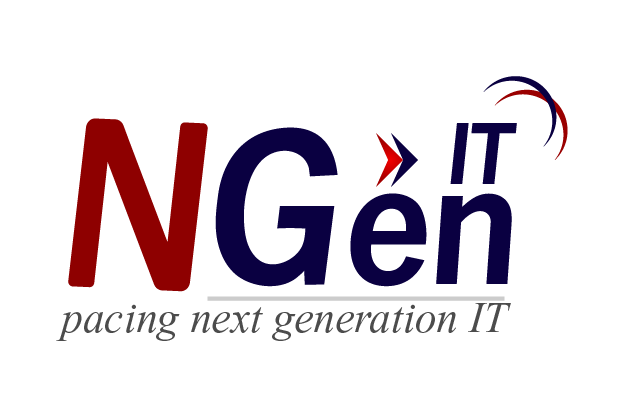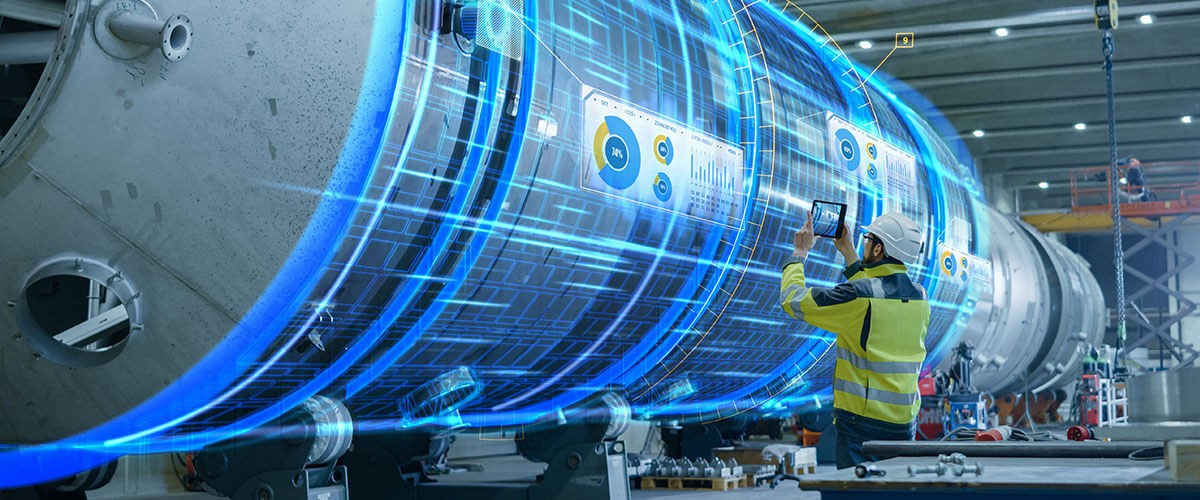In the rapidly evolving world of business technology, the way IT systems are delivered has undergone a significant transformation. Now, more than ever, the focus is on aligning IT operations with the needs of the business, developers, and the imperative of transformation. While the importance of IT modernization is widely acknowledged, the path to achieving it can vary from one enterprise to another.
At NGen IT, we are firm believers in the concept of modern IT operations, a dynamic operating model designed to support a range of consumption models, including on-premises, hybrid, and cloud solutions. This foundation empowers organizations to innovate, create exceptional user experiences, explore new revenue streams, and tackle emerging challenges.
The concept of modern IT operations comes in diverse forms. Recent research from MIT has shown that organizations adopt various strategies for modern architecture, including APIs, containers, and serverless architectures. Despite these differences, there are common characteristics that define a successful modern IT operations strategy:
1. Shifting to Hybrid Platforms: Embracing cloud, multicloud, and DevOps strategies to create an agile and responsive IT environment.
2. Automation and Efficient Workflows: Implementing automation, toolsets, and monitoring for optimal IT service delivery.
3. Collaboration: Bridging gaps between different internal teams to align IT operations with developers' requirements.
4. Platform-Agnostic Development: Providing developers with a consistent experience, regardless of the compute platform used.
When organizations prioritize these objectives, they benefit from increased efficiency, faster time-to-value, resource optimization, and enhanced business agility.
Building the Foundation for IT Transformation
A successful strategy for modern IT operations involves a comprehensive approach that transforms the entire environment, covering areas such as:
- Automation: Streamlining processes and reducing errors through automation.
- Service Design: Enhancing the user experience through effective service design.
- DevOps Integration: Aligning development and operations for improved efficiency.
- Cultural Transformation: Fostering a culture of innovation and collaboration.
In this article, we will explore the pivotal role of automation in driving transformation, while future articles will delve into service design, DevOps integration, and cultural transformation in more detail.
Automation: Fueling Transformation
Although automation is not a new concept, it has gained renewed attention as organizations leverage its power to save time and resources while ensuring consistency. Replacing manual workflows with automation streamlines processes and eliminates errors, whether in the cloud, multicloud, or on-premises environments.
Furthermore, automation not only frees up IT resources for more strategic initiatives but also plays a central role in modernizing IT processes, deploying AI and robotics, and, critically, establishing robust DevOps practices.
Automation and DevOps
Automation is not about making IT's job easier; it's about simplifying the end-user's experience. This particularly includes developers, who have been drawn to the public cloud for its productivity and innovative tools. To replicate the public cloud experience on-premises, automation is essential.
In addition to automation, this goal requires the adoption of new technologies and platforms that offer the familiarity of the public cloud to developers. This includes services like storage, databases, secret management, authentication, and the deployment of containerized platforms and orchestration tools. Security is paramount throughout this process, ensuring the balance between governance and velocity.
Balancing Governance and Innovation: Speed vs. Control
Competitiveness in today's business landscape hinges on innovation, agility, and streamlined IT operations. Organizations often face the challenge of balancing governance and control with speed and innovation.
To strike this balance, collaboration between infrastructure and development teams is crucial. Establishing defined, repeatable, and efficient processes for provisioning, deployment, and testing aligns DevOps with modern IT operations, emphasizing both innovation and governance.








